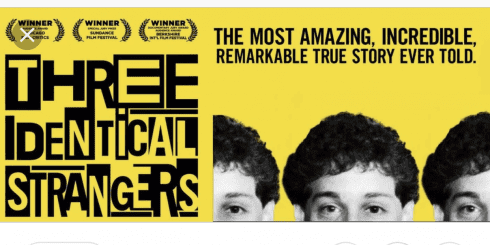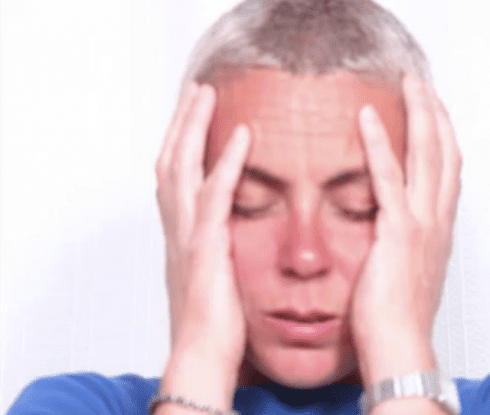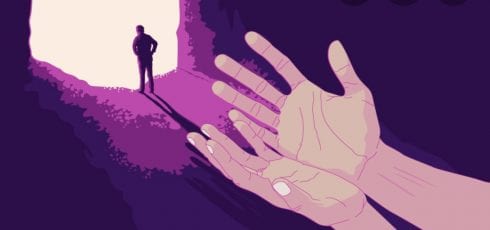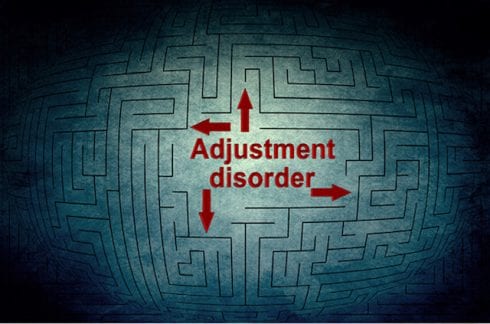
I have just finished watching ‘Three Identical Strangers’ on Channel 4. (Spoiler alert). It is a documentary which tells the dreadful story of triplets, separated at birth and placed with three families from differing socio economic backgrounds. For many years afterwards they were then scientifically tested in order to try and answer the nature/nurture debate. None of the parents were aware of what was being done.
This also happened to quite a few twins at the time, and it is heavily implied that the birth mothers could have had severe mental health concerns, such as schizophrenia. Tragically, one of the triplets went on to develop bipolar disorder and completed a suicide. It is mentioned that he was not the only person involved in these tests to also end their life. The tests are shrouded in secrecy and no conclusion to the study was ever published. Indeed, all the paperwork relating to the testing was sealed until 2066 and have only been opened recently, and been found to be heavily edited.
This for me opens the whole nature/nurture conversation and how much we are affected by our genetic predispositions? I spoke with a man who was adopted at birth and loves his adopted parents dearly. He said; ‘I don’t feel I’m lacking in anything in terms of parenting. The thing that upsets me is that I don’t have a biological link to anyone, nobody I am related to by blood. I don’t really have a ‘family’. I just have parents. So sometimes I do get confused about my identity. When everyone gets together at holiday times, they all look similar and I feel out of place, I don’t look like anyone else’.
I have over the years through my work, spoken to many adopted people. There is one thing that crops up time and again, a sense of a lack of true identity. Whilst a person might have a loving family, the genetic make up of a person cannot be denied. For some, being in a loving family is enough, but for others not so.
Some people are able to form what is referred to as an ‘adopted identity’ through the asking of lots of questions from as many people involved in their adoption as possible. Adopted families, siblings and if possible, birth parents. However, the process of answering these questions and forming an ‘adopted identity‘ can take some effort, and it can be challenging for some adoptees. ‘They also may experience uncertainty about issues such as what being adopted means for their identity, what their birth parents are like, and how their adoptive parents feel about their adoption’ (natcom.org).
My experience with adopted people is that they often fall into addiction in later life and struggle greatly with forming healthy attachments to others.
Paul Sunderland from Life Works (lifeworkscommunity.com), an organisation involved in recovery, talks about adoption and states that; ‘adoptees are massively over-represented in therapy. Adoptees are situated within a duality. They have divided attention with two sets of families. They are conflicted over wanting to belong yet fearing belonging’. He believes that adoption is another word for ‘relinquishing‘, and whilst we will all go through life being rejected (relinquished) for jobs, by partners and such like, adoptees will have been rejected from birth. And whilst they will not remember this rejection Sunderland believes it leaves a negative imprint on adoptees from the beginning of life (Lifeworks Lecture). Here is a short excerpt from his lecture.
So why do so many adopted people turn to addiction? A study conducted in 2008 (Agrawai and Lynskey) points to a genetic inheritance. But the link is so small that other factors such as trauma, abandonment, not ‘belonging’ and inability to form healthy attachments can also play key roles on to a path of addiction.
In terms of attachment by an adopted child, there appears to be a number of factors at play. The age at which a child is adopted, the number of times a child is moved before permanent adoption, and as is often the case, abuse and neglect which can occur in older children being adopted. These factors seriously affect the child’s ability to form close relationships throughout their lives. Unfortunately, an unusually high number of adopted children fall into this category.
So in my work I only come across people who fit into the categories of having been adopted, and due to that fact there are concerns around mental health, attachment disorder and addiction.
There are surely plenty of adopted people who have wonderful stories to tell.
Any help or advice regarding adoption issues please go to adoptionuk.org










